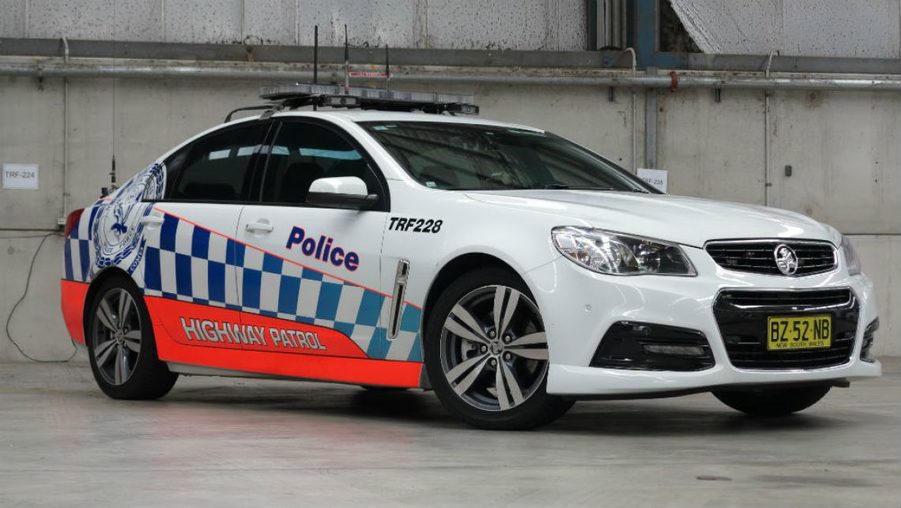Take for example driving with a low range prescribed concentration of alcohol (low range PCA), for a first offence the maximum fine is $1100 and a maximum 6 month disqualification period. However if it is a second or subsequent major traffic offence within 5 years the penalty and disqualification period are doubled to $2200 and a 12 month disqualification period respectively.
Major traffic offences are defined by Section 4 of the Road Transport Act 2013 NSW and they include the following:
a) Offences of murder, manslaughter, wounding/grievous bodily harm (intentional and reckless) and injury by furious driving, where the death or injury arose out of the use of a motor vehicle;
b) Offences of predatory driving, police pursuit and an offence of failing to stop and assist after vehicle impact causing death or grievous bodily harm;
c) Offences of novice range PCA, special range PCA, low range PCA, middle range PCA and high range PCA;
d) Offences of driving with the presence of a prescribed illicit drug in oral fluid, blood or urine, use of attempted use of a vehicle under the influence of alcohol or any other drug, negligent, furious or reckless driving, menacing driving, failing to stop and assist after impact causing injury;
e) An offence against section 117 (1) of driving a motor vehicle negligently (being driving occasioning death or grievous bodily harm);
f) Offences of refusing or failing to submit to test, analysis or assessment, refusing or failing to provide sample or preventing sample taking, wilful introduction or alteration of concentration or amount of alcohol or other drug;
g) An offence of aiding, abetting, counselling or procuring the commission of, or being an accessory before the fact to, any crime or offence referred to above in (a)-(f);
h) Any other crime or offence that, at the time it was committed, was a major offence for the purposes of the Road Transport (General) Act 2005, the Road Transport (General) Act 1999 or the Traffic Act 1909.
Going back to the low range drink driving example, if the person charged with the low range drink driving offence had been convicted of menacing driving for example within the last 5 years, the low range drink driving offence would be considered a second offence and the person would be subject to the increased penalties.
If you have been charged with a traffic offence and would like some expert advice contact one of our Sydney Traffic Lawyer’s today for a free first consultation. Our lawyers are ready to take calls 24 hours, 7 days a week. Call us now on 1300SILENT (1300-745-368) or alternatively 0448 142 113 to get immediate legal advice.


